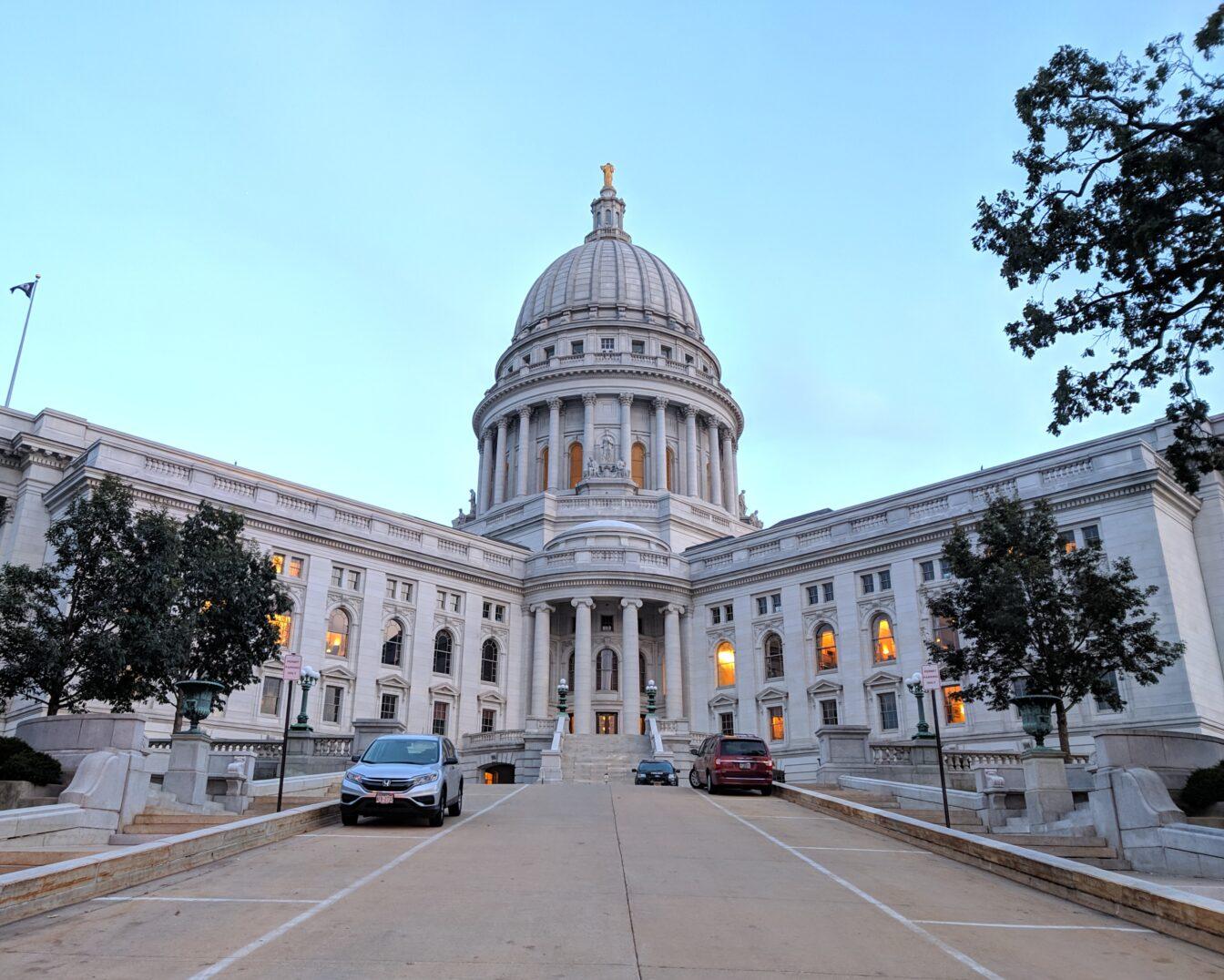57% of Americans believe that their vote doesn’t really count in the elections.
As disheartening as this number is, this may actually have validity in Wisconsin due to the extreme gerrymandering done by the Republican-controlled legislature. The political districts were so skewed in the Republican’s favor they won a supermajority in the assembly even after losing the popular vote in 2012. In this case, seemingly countless democratic votes didn’t “count” because they were so packed and cracked into conservative districts their voices were lost completely.
Political gerrymandering occurs when a party draws district lines to benefit their own party. This means both Republicans and Democrats can be guilty of it, yet the Supreme Court case sparking conversation right now is Gill v. Whitford, which challenges the 2011 redrawing of Wisconsin’s state legislative map by Republican lawmakers. The districts were manipulated with computer models and voting data to redraw political boundaries.
Our representative system in America has been manipulated into a political tool parties use to shape districts in their favor. Unfortunately, our voting system has become less and less representative of the actual people and more and more shaped to favor party interests. The manipulation was so extreme, the federal district court found, that it violated the “one person, one vote” principle and the democratic voters’ rights to fair representation required by the Constitution’s promises of equal protection. Virtually, Democratic voters’ votes didn’t count.
The U.S. Supreme Court has tried to evade cases about gerrymandering, as districting is a power entrusted to the legislative branch, not the judicial branch. However, it is the court’s duty to check clear oversteps of power which is precisely what the Wisconsin Republican legislature is guilty of. The landmark case could greatly change the way the nation’s elections work.
Those who benefit from this, the legislators, have no incentive to fix this problem, which is why it is crucial that the higher court intervenes when such a threat to democracy is rampant. In the three elections since the redistricting, Democrats have never won more than 39 of the 99 seats, even when they won a majority of the votes cast statewide for assembly candidates. With such an advantage, why would the legislators ever want to end the system that makes them immune to being voted out?
Gerrymandering should not be a partisan issue, especially because either side can be harmed by it. No matter which way an individual leans, they have a right to be heard in our democracy. Even high-profile Republicans like Sen. John McCain, R-Arizona and Gov. John Kasich, R-Ohio stand with Democrats against the threat gerrymandering poses to democracy.
Within the case, the main legal arguments focus on the Constitutional violation of equal protection and free expression, as voters packed into skewed districts have less of a voice in the political process and are arguably penalized for their party affiliation. Moreover, extreme gerrymandering can undercut the democratic competition, they argue, which weakens public faith in government and lawmakers are not encouraged to make compromises.
The bipartisan briefs include research that shows that several sets of alternative maps demonstrated that the appellants could have achieved their valid redistricting goals without handicapping either party’s supporters. Based on this, arguments that insist it is impossible to draw fair districts are simply unfounded.
UW political scientists discuss problematic effects of gerrymandering
The legislators used a powerful new gerrymandering tool, based on sophisticated computer modeling and the public must be protected from this invasive new technology. One of the key aspects of democracy is electing officials to represent the people. However, those in office secured their seats by stripping Wisconsin voters’ voices.
Although the Supreme Court’s conservative wing will most likely argue that judges should stay out of redistricting, this is a landmark case that sparks conversation about an important issue. For America’s sake, let’s hope that the Court rules to end gerrymandering in a government that is supposedly by the people and for the people — not for politicians who have no right to be in office.
Claudia Koechell ([email protected]) is a sophomore majoring in history and political science. She is the press secretary for UW College Democrats.




















